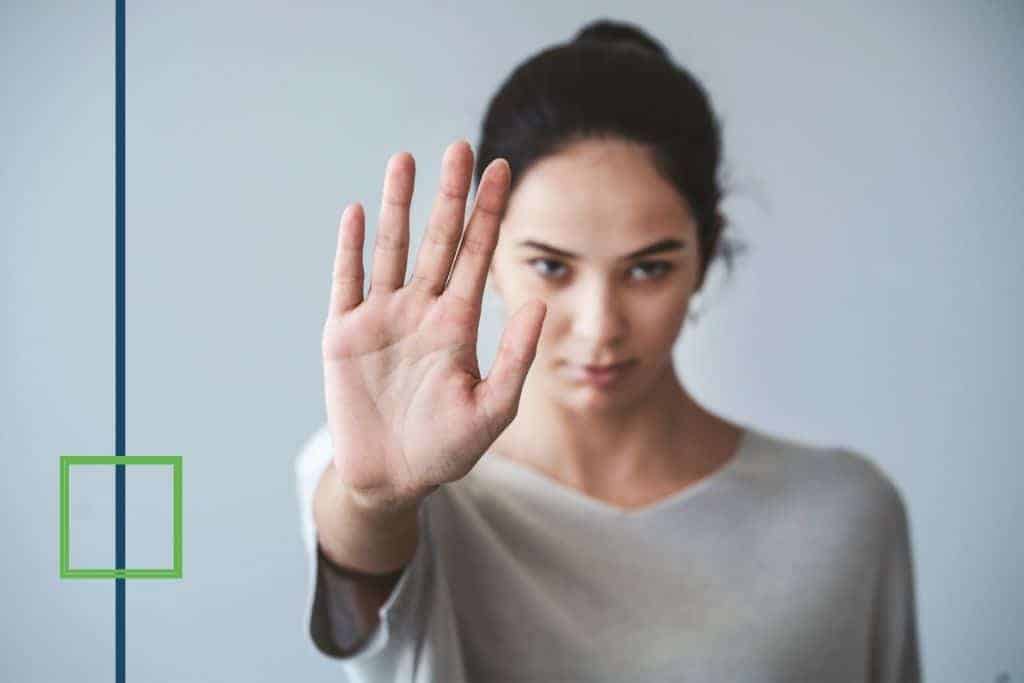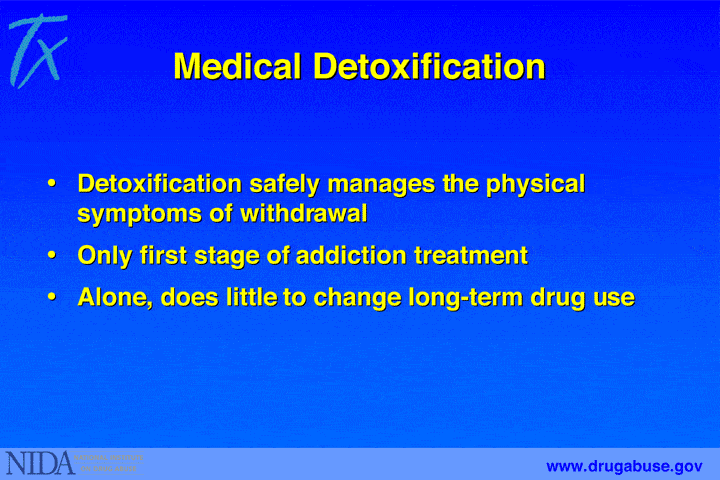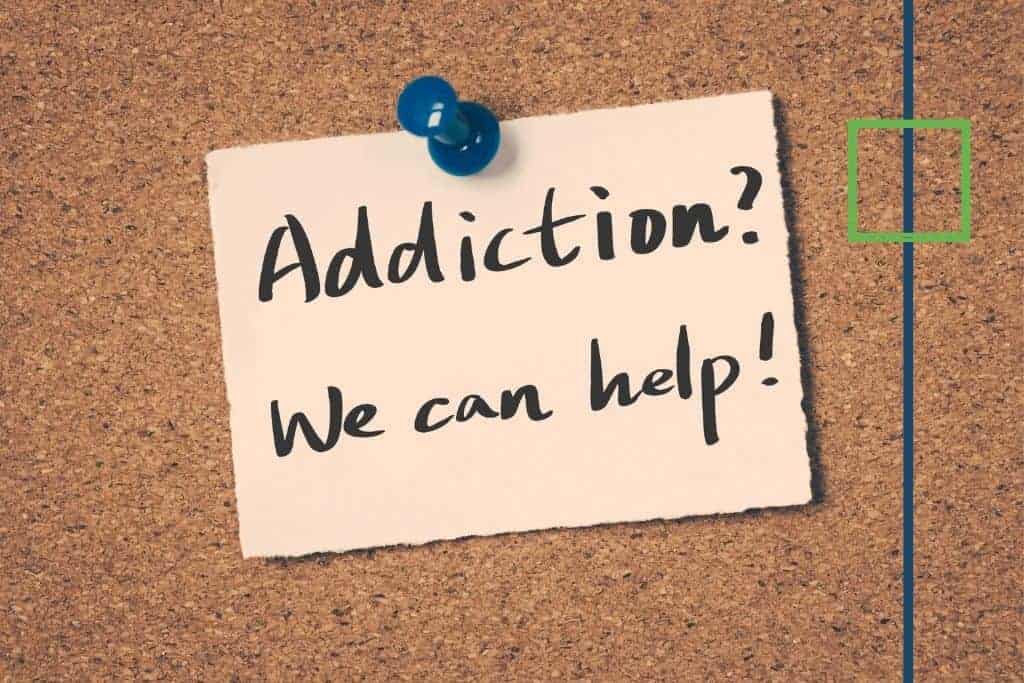Treatment & Therapy For Drug Addiction & Abuse
What Is Drug Addiction?
Drug addiction is a chronic disease characterized by compulsive or uncontrollable drug seeking and use despite harmful consequences and changes in the brain, which can be long-lasting. These changes in the brain can lead to the dangerous behaviors seen in people who use drugs. Drug addiction is also a relapsing disease. Relapse is the return to drug use after an attempt to stop.
The path to drug addiction begins with the voluntary act of taking drugs. But over time, a person’s ability to choose not to do so becomes compromised. Seeking and taking the drug becomes compulsive. This is due mainly to the effects of long-term drug exposure on brain function. Addiction affects parts of the brain involved in reward and motivation, learning and memory, and control over behavior.
Is Drug Addiction Treatable?
Yes, but it’s not simple. Because addiction is a chronic disease, people can’t simply stop using drugs for a few days and be cured. Instead, most clients need long-term or repeated care to stop using completely and recover their lives. The best therapy for drug addiction must help the person do the following:
- Stop using drugs
- Stay drug-free
- Be productive in the family, at work, and in society

Get Help. Get Better. Get Your Life Back.
Searching for Accredited Drug and Alcohol Rehab Centers Near You?
Even if you have failed previously and relapsed, or are in the middle of a difficult crisis, we stand ready to support you. Our trusted behavioral health specialists will not give up on you. When you feel ready or just want someone to speak to about therapy alternatives to change your life call us. Even if we cannot assist you, we will lead you to wherever you can get support. There is no obligation. Call our hotline today.
(844) 597-1011Drug Addiction Rehab Programs
Many options have been successful in treating drug addiction, including:
- Medical devices and applications used to treat withdrawal symptoms or deliver skills training
- Evaluation and treatment for co-occurring mental health issues such as depression and anxiety
- Behavioral counseling
- Medication
- Long-term follow-up to prevent relapse
A range of care with a tailored treatment program and follow-up options can be crucial to success. Treatment should include both medical and mental health services as needed. Follow-up care may include community- or family-based recovery support systems[1].
How Are Medications Along With Therapies Used In Best Therapy For Drug Addiction?
Medications and therapies work well together with better outcomes in managing withdrawal symptoms, preventing relapse, and treating co-occurring conditions.

Withdrawal
Medications and therapies can help suppress withdrawal symptoms during detoxification. However, detoxification is not in itself “treatment,” but only the first step in the process. Clients who do not receive any further treatment after detoxification usually resume their drug use. Stabilization during detox should be followed by therapies or further treatment for skill-building and to approach underlying issues for long-term recovery.

Get Your Life Back
Find Hope & Recovery. Get Safe Comfortable Detox, Addiction Rehab & Dual Diagnosis High-Quality Care.
Hotline(844) 597-1011How Are Behavioral Therapies Used in the Best Therapy For Drug Addiction?
Clients can receive treatment in many different settings with various approaches.
Inpatient Drug Addiction Treatment Center Behavioral Therapies Help Clients:
- Modify their attitudes and behaviors related to drug use
- Increase healthy life skills
- Persist with other forms of treatment, such as medication
Outpatient Drug Addiction Treatment Center Behavioral Programs
It includes a wide variety of programs for clients who visit a behavioral health counselor regularly. Most of the programs involve individual or group drug counseling, or both. These programs typically offer forms of the behavioral best therapy for drug addiction such as:
- Cognitive-behavioral Therapy: which helps clients recognize, avoid, and cope with the situations in which they are most likely to use drugs
- Multidimensional Family Therapy: developed for adolescents with drug abuse problems as well as their families—which addresses a range of influences on their drug abuse patterns and is designed to improve overall family functioning.
- Motivational Interviewing: which makes the most of people’s readiness to change their behavior and enter treatment.
- Motivational Incentives (contingency management): which uses positive reinforcement to encourage abstinence from drugs.
Drug addiction treatment center therapy is sometimes intensive at first, where clients attend multiple outpatient sessions each week. After completing intensive treatment, clients transition to regular outpatient treatment, which meets less often and for fewer hours per week to help sustain their recovery. In September 2017, the FDA permitted the marketing of the first mobile application, reSET, to help treat substance use disorders. This application is intended to be used with outpatient treatment to treat alcohol, cocaine, marijuana, and stimulant substance use disorders. In December 2018, the FDA cleared a mobile medical application, reSET, to help treat opioid use disorders. This application is a prescription cognitive behavioral therapy and should be used with treatment, including buprenorphine and contingency management[2].
Inpatient Or Residential Drug Addiction Treatment Center
It can also be very effective, especially for more severe problems (including co-occurring disorders). Licensed residential treatment facilities offer 24-hour structured and intensive care, including safe housing and medical attention. In addition, residential treatment facilities may use various therapeutic approaches, and they are generally aimed at helping the client live a drug-free, crime-free lifestyle after treatment.
First-class Facilities & Amenities
World-class High-Quality Addiction & Mental Health Rehabilitation Treatment
Rehab Centers TourRenowned Addiction Centers. Serene Private Facilities. Inpatient rehab programs vary.
Addiction Helpline(844) 597-1011Proven recovery success experience, backed by a Team w/ History of:
15+
Years of Unified Experience
100s
5-Star Reviews Across Our Centers
10K
Recovery Success Stories Across Our Network
- Low Patient to Therapist Ratio
- Onsite Medical Detox Center
- Comprehensive Dual-Diagnosis Treatment
- Complimentary Family & Alumni Programs
- Coaching, Recovery & Personal Development Events
List Of Top Therapies For Drug Addiction Treatment Center Programs
Addiction treatment commonly consists of a combination of group and individual therapy sessions that focus on teaching those in recovery the skills needed to get and stay sober and how to navigate various situations without turning to drugs or alcohol. Behavioral therapy is perhaps the most commonly utilized type of treatment for addiction that is frequently used during substance rehabilitation. A general behavioral therapeutic approach has been adapted into a variety of practical techniques. These include the following therapies listed below.

- Cognitive Behavioral Therapy (CBT): CBT can be applied in the treatment of many different types of problematic substance use. People treated with CBT techniques learn to recognize and change their maladaptive behaviors. In addition, CBT can help people with coping skills, identifying risky situations and what to do about them, and preventing relapse.
- Contingency Management (CM): CM may also be effective in treating several types of substance use disorder—alcohol, opioids, marijuana, and stimulants—and is used to encourage or reinforce sobriety. This drug addiction treatment method provides material rewards as motivation for desirable behaviors, such as maintaining sobriety. A significant benefit of CM is that it can reduce two of the most significant treatment-related issues: dropping out and relapse.
- Motivational Interviewing (MI): MI is a drug addiction treatment method of resolving ambivalence in recovering individuals to embrace their treatment efforts to change their problematic substance use behavior best. One benefit of MI is that, despite being facilitated by a therapist, those in recovery develop their motivation and a plan for change throughout several sessions, providing them with more of a sense of control throughout their treatment.
- Dialectical Behavior Therapy (DBT): DBT can be adapted for many substance abuse cases but mainly focuses on treating severe personality disorders, such as borderline personality disorder. DBT works to reduce cravings, help clients avoid situations or opportunities to relapse, assist in giving up actions that reinforce substance use, and learn healthy coping skills.
- Rational Emotive Behavior Therapy (REBT): REBT helps clients understand their thoughts and then helps them develop better habits, think in more positive and sensible ways, and gain healthier emotions. The base for REBT is the idea that rational thinking comes from within; external situations do not give one the feeling of happiness or unhappiness.
- Matrix Model: The Matrix Model employed various therapeutic techniques and was initially developed to treat individuals with stimulant addictions. Against this backdrop of multiple methods, therapists focus on rewarding good behaviors and teaching clients to believe in themselves; self-esteem, dignity, and self-worth. The National Institute on Drug Abuse describes the Matrix Model as mainly focused on “relapse prevention, family and group therapies, drug education, and self-help participation” [3].
- 12-Step Facilitation: 12-Step facilitation therapy aims to promote continued abstinence by engaging people in recovery with 12-Step peer support groups. Meetings are hosted by several different 12-Step fellowships varieties, including Alcoholics Anonymous and Narcotics Anonymous.
World-class, Accredited, 5-Star Reviewed, Effective Addiction & Mental Health Programs. Complete Behavioral Health Inpatient Rehab, Detox plus Co-occuring Disorders Therapy.
CALL(844) 597-1011End the Addiction Pain. End the Emotional Rollercoaster. Get Your Life Back. Start Drug, Alcohol & Dual Diagnosis Mental Health Treatment Now. Get Free No-obligation Guidance by Substance Abuse Specialists Who Understand Addiction & Mental Health Recovery & Know How to Help.
How Many People Get Drug Addiction Treatment?
According to SAMHSA’s National Survey on Drug Use and Health, 22.5 million people (8.5 percent of the U.S. population) aged 12 or older needed treatment for an illicit* drug or alcohol use problem in 2014. However, only 4.2 million (18.5 percent of those who needed treatment) received any substance use treatment in the same year. Of these, about 2.6 million people received treatment at specialty treatment programs (CBHSQ, 2015)[4].
At We Level Up drug addiction treatment center provides world-class care with round-the-clock medical professionals available to help you cope. We work as an integrated team providing information about the drug addiction treatment center therapies and other aspects of treatment. Make this your opportunity to reclaim your life. Call today to speak with one of our treatment specialists. Our specialists know what you are going through and will answer any of your questions.
At We Level Up, our approach is holistic and personalized to meet our clients’ individuals need. From the moment you begin with us, our specialists will help you find a path that fits with your background, your substance(s) of choice, your lifestyle, and your unique needs. High-quality care is applied using evidence-based inpatient drug addiction treatment for substance abuse. Dual diagnosis integrated recovery team helps guide recovery progress. While, delivering a patient first drug addiction treatment center that you can trust, backed by a track record of success providing effective recovery programs.
Your call is private and confidential, and there is never any obligation.
Experience Transformative Recovery at We Level Up Treatment Centers.
See our authentic success stories. Get inspired. Get the help you deserve.
Start a New Life
Begin with a free call to an addiction & behavioral health treatment advisor. Learn more about our dual-diagnosis programs. The We Level Up Treatment Center Network delivers recovery programs that vary by each treatment facility. Call to learn more.
- Personalized Care
- Caring Accountable Staff
- World-class Amenities
- Licensed & Accredited
- Renowned w/ 100s 5-Star Reviews
We’ll Call You
Sources
[1] NIDA – www.drugabuse.gov/publications/principles-drug-addiction-treatment-research-based-guide-third-edition
[2] FDA- FDA clears mobile medical app to help those with opioid use disorder stay in recovery programs | FDA
[3] NIDA – The Matrix Model (Stimulants) | National Institute on Drug Abuse (NIDA)
[4] SAMHSA – Substance Abuse and Mental Health Services Administration (SAMHSA). National Survey of Substance Abuse Treatment Services (N-SSATS): 2013. Data on Substance Abuse Treatment Facilities. Rockville, MD: Substance Abuse and Mental Health Services Administration; 2014. HHS Publication No. (SMA) 14-489. BHSIS Series S-73.
[5] We Level Up New Jersey – Addiction » Treatment Resources, We Level Up California – Addiction » Drug Addiction Treatment


